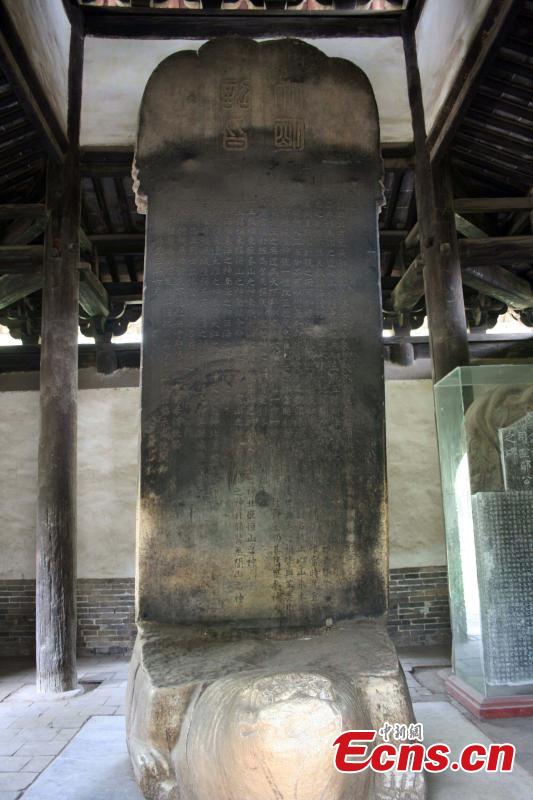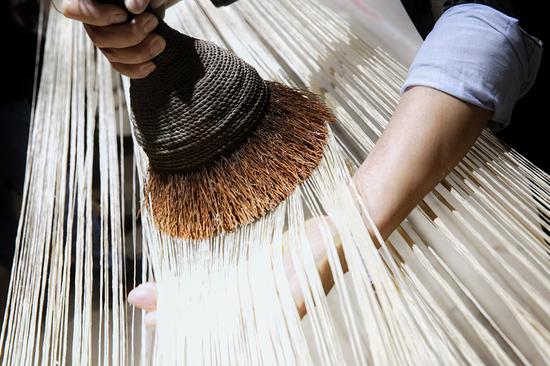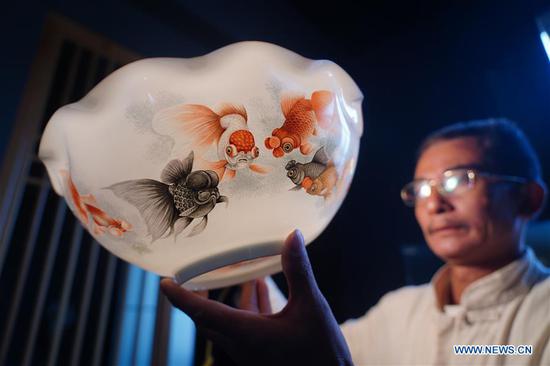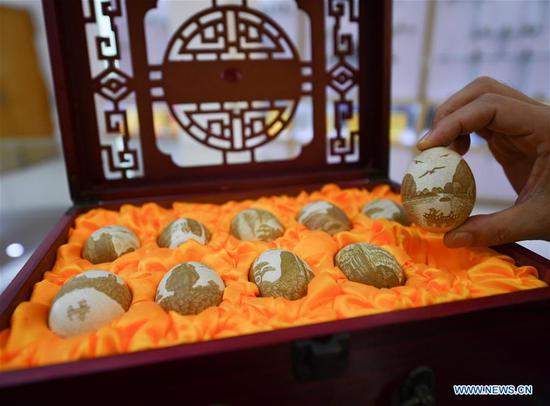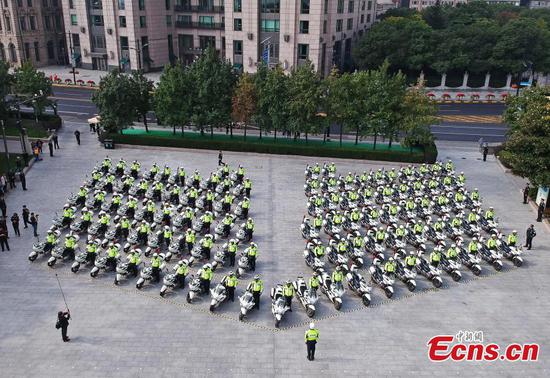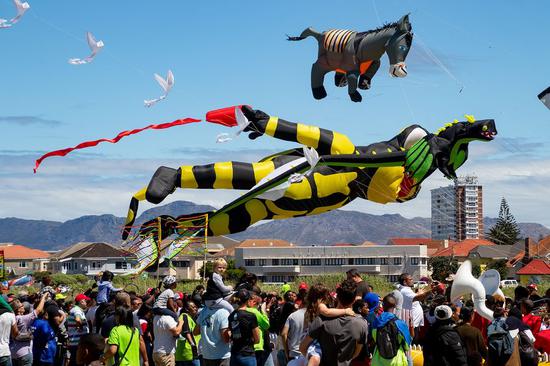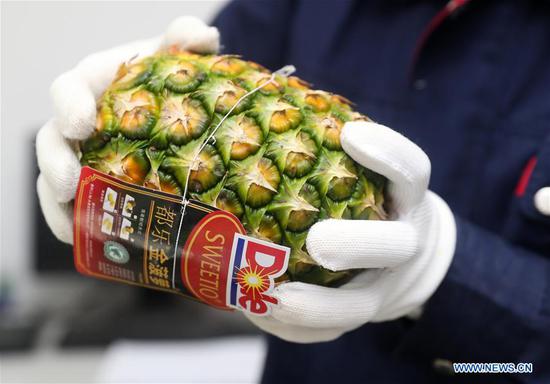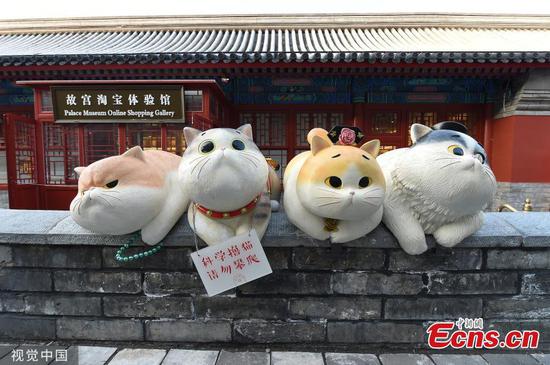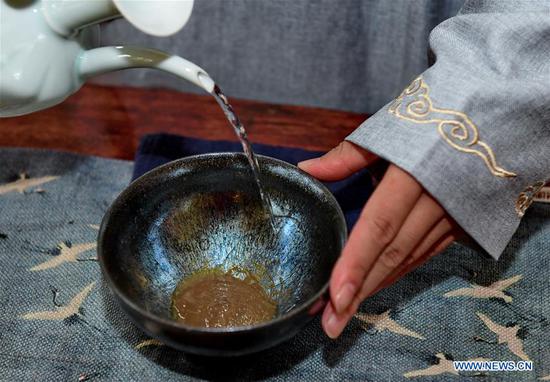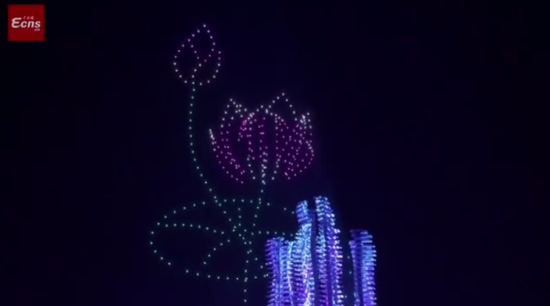Hong Kong protester Law Man-chung who pleaded guilty of desecrating the national flag was sentenced to 200 hours of community service on Tuesday, a punishment that many believe was too light as a man who sprayed print on the front gate of the U.S. consulate general in Hong Kong was jailed for four weeks in August.
"The judgment is bound to trigger public outrage across the whole country," Leung Chun-ying, former Hong Kong chief executive, said on his personal Facebook account on Tuesday.
Leung said that the Hong Kong Department of Justice must appeal since the magistrate said that there were no sentencing guidelines.
According to Hong Kong media, Law, 21, trampled on a national flag before spraying it with black paint and throwing it into a trash bin on September 22. His case was the first among flag-related offenses amid Hong Kong unrest.
Defendants of national flag-related offense cases in many countries would usually be sentenced to at least one or two months in jail, otherwise it would have no deterrence.
The light punishment in Hong Kong reflected that the judicial personnel in Hong Kong are indifferent to the maintenance of national dignity, some Hong Kong politicians said.
Chinese netizens on Wednesday said the light sentence will "encourage violence and riots," and satirically asked: "Hasn't the National Flag and National Emblem Ordinance already passed in Hong Kong?"
According to the ordinance, "a person who desecrates the national flag or national emblem by publicly and willfully burning, mutilating, scrawling on, defiling or trampling on it commits an offence and is liable on conviction to a fine at level five and to imprisonment for three years."
"Desecrating the national flag is not an ordinary criminal offense. It is a political issue that involves sovereign interests," Fan Peng, a member of the Chinese Association of Hong Kong &Macao Studies, told the Global Times on Wednesday.
In August, a tourist from the mainland sprayed "China will prevail" in Chinese characters on the front gate of the US consulate in Hong Kong and was sentenced to four weeks in jail. He said he wanted to show discontent against foreign interference in Hong Kong's recent protests, according to South China Morning Post.









